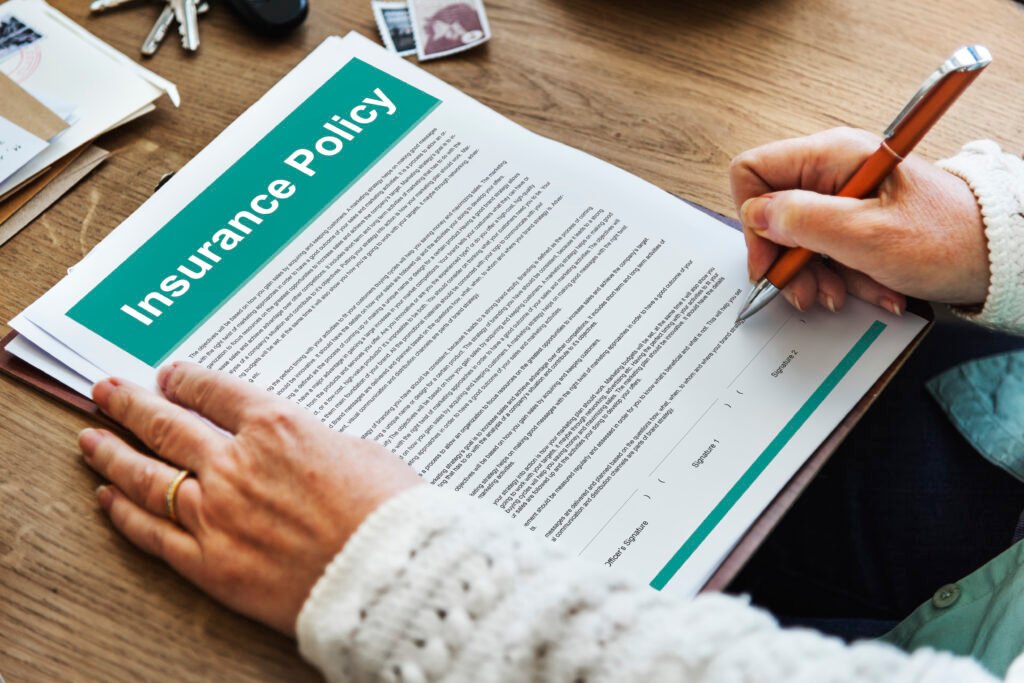Trying to make sense of car insurance laws in Massachusetts can feel overwhelming—especially if you’re new to the state or just bought your first car. With a mix of mandatory coverage types and optional add-ons, it’s easy to get confused about what’s required and what’s just “nice to have.” But understanding how car insurance works in Massachusetts isn’t just about staying legal. It’s about protecting yourself financially in the event of an accident.
This guide is here to break things down for you, clearly and practically. Whether you’ve been driving for years or you’re just getting started, knowing the basics will help you feel more confident about your insurance decisions—and make sure you’re not caught off guard in a tough situation.
How Massachusetts Car Insurance Laws Are Different
Massachusetts takes a slightly different approach to auto insurance than many other states. For starters, it operates under a no-fault system. That means your insurance company will generally pay for your medical expenses after a car accident, regardless of who caused it. It’s designed to speed up the claims process and reduce unnecessary lawsuits.
The state also requires more types of coverage than some others. For example, all drivers must carry liability insurance, personal injury protection (PIP), and uninsured motorist coverage. These requirements are meant to ensure that you—and the people you might injure—are financially protected after an accident.
Hemelyh’s Insight: “One thing I always tell clients is that insurance in Massachusetts isn’t just about compliance—it’s about peace of mind. We’ve seen cases where drivers thought they had enough coverage, but when an accident happened, they were left exposed. Knowing the rules makes all the difference.”
Required Coverage in Massachusetts: What You Can’t Skip
If you’re driving in Massachusetts, the law requires you to carry several key types of insurance. These include:
- Bodily Injury to Others: Helps cover the medical expenses of anyone you injure in an accident, up to the minimum state limits.
- Personal Injury Protection (PIP): Covers your medical bills, lost wages, and certain other expenses, no matter who’s at fault.
- Property Damage Liability: Pays for damage to another person’s vehicle or property that you cause in an accident.
- Uninsured Motorist Coverage: Protects you if you’re hit by someone who doesn’t have insurance or doesn’t have enough.
Each of these coverages has required minimum amounts, but depending on your financial situation and driving habits, you might want to go beyond the minimums for better protection.
How the No-Fault System Works Under Massachusetts Car Insurance Laws
The no-fault system is meant to make things simpler and faster after an accident. If you’re injured in a crash, you file a claim with your own insurance company for your medical bills and related expenses, instead of having to wait for the other driver’s insurance—or the courts—to figure out who’s responsible.
That said, there are limits to this system. You can’t sue the other driver for things like pain and suffering unless your injuries are serious or your medical costs exceed a certain threshold. It’s important to understand where those lines are so you know what to expect if you ever do get into an accident.

Minimum Coverage Requirements for Drivers in Massachusetts
To legally drive in Massachusetts, you need at least:
- $20,000 per person and $40,000 per accident in bodily injury liability
- $5,000 in property damage liability
- $8,000 in personal injury protection (PIP)
These minimums are just that—the minimum. They might not fully protect you in the event of a major accident. Medical bills, lawsuits, and repair costs can easily exceed those limits. Many drivers choose to increase their limits or add optional coverages like comprehensive or collision insurance to stay better protected.
Why Liability Coverage Matters Under Massachusetts Car Insurance Laws
Liability insurance is a cornerstone of Massachusetts car insurance laws. It includes both Bodily Injury Liability and Property Damage Liability. If you cause an accident, these coverages step in to pay for the other party’s expenses. Without it, you’d be paying out of pocket—and that can add up fast.
Bodily Injury Liability helps with medical costs, rehabilitation, and legal fees if someone sues you. Property Damage Liability helps cover repairs to vehicles or other property like fences or buildings. Together, these coverages help ensure that victims are compensated fairly while protecting your financial future.
Choosing the Right Policy for You
Picking the right policy means understanding your needs and not just going for the cheapest option. Consider how often you drive, where you live, the value of your car, and whether you could handle a large out-of-pocket expense if something went wrong. Optional coverages like comprehensive or collision might cost more but could save you significantly in the long run.
Also, compare quotes from different companies and ask questions. Every insurer evaluates risk differently, so rates can vary more than you think. Take the time to make sure you’re getting a policy that actually covers what you need—not just the bare minimum.
Discounts and Savings You Might Be Missing
Nobody wants to overpay for insurance, and thankfully, there are several ways to save. You might qualify for a safe driver discount, or you could save by bundling your car insurance with a home or renters policy. Students with good grades, seniors, and multi-car households might all be eligible for reduced rates.
It’s worth asking your insurer about any discounts they offer—some of them won’t apply them unless you specifically request them. At PIG, we always double-check every option to help our clients save without sacrificing protection.
Why Driving Without Insurance Isn’t Worth the Risk
Massachusetts doesn’t go easy on uninsured drivers. If you’re caught without coverage, you could face hefty fines, lose your license, and have your car registration suspended. In the worst-case scenario, you might even end up liable for thousands of dollars in damages if you cause an accident.
Getting insured is not just about following the law. It’s about safeguarding your future. A single accident without insurance can set you back financially for years. It’s just not worth the risk.
Final Thoughts on Navigating Massachusetts Car Insurance
Understanding car insurance laws in Massachusetts isn’t always easy, but it’s absolutely worth it. From knowing what coverage is required to making smart choices about additional protection, the more informed you are, the better off you’ll be. Staying compliant isn’t just a legal obligation—it’s a key part of protecting everything you’ve worked hard for.
If you’re feeling unsure about your current policy or just want help understanding your options, reach out to our team at Premium Insurance Group. We’re here to guide you through the process and make sure you have the protection you need—no more, no less.




